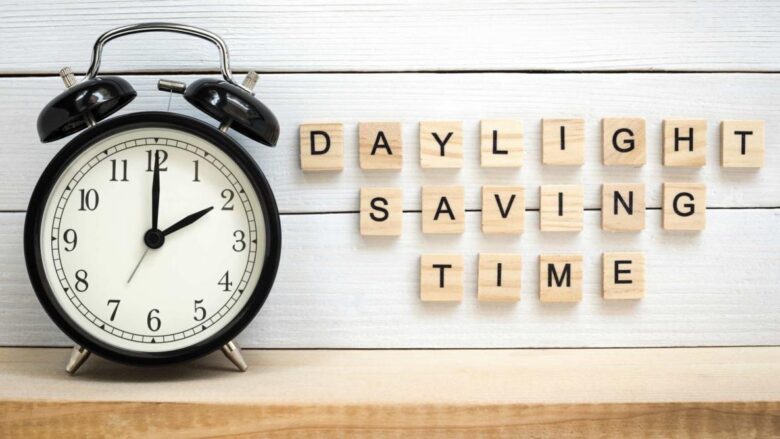Every spring and fall, millions of people across the world set their clocks forward or backward an hour due to daylight saving time. It’s such a routine part of life that most of us barely give it a second thought. But have you ever noticed how sluggish you feel after the switch? Or how certain apps seem to lag or act weirdly for a day or two?
Clock changes—whether it’s gaining or losing an hour—can have surprising effects on your tech life. From disrupting sleep to confusing devices, these minor time tweaks can cause major headaches when it comes to productivity, especially for those who rely heavily on digital tools.
In today’s hyper-connected world, our tech routines are deeply synced with our biological rhythms and calendars. That one-hour shift might not sound like a big deal, but when your sleep, work schedule, smart home devices, and apps get even slightly out of sync, things can spiral quickly.
Why It Matters in a Digital World
In a world where every second counts, especially for remote workers, digital creators, and tech professionals, the biannual time change isn’t just a clock issue—it’s a productivity disruptor. When your internal clock doesn’t align with your digital schedule, you may feel foggy, forgetful, or even demotivated. Combine that with devices that fail to update automatically or smart home routines that go off at the wrong time, and you’ve got a recipe for digital chaos.
And it’s not just personal productivity at risk. Businesses that operate across time zones—think remote teams, freelancers, and virtual assistants—face misalignments that can cost money, time, and client trust. So yes, clock changes are a big deal in the tech world, and it’s time we started treating them that way.
The Science Behind Time Change
Circadian Rhythm and Sleep Patterns
Let’s break it down: your body has a natural 24-hour clock, called the circadian rhythm. This internal system helps regulate sleep, mood, energy, and even hormone production. When the clock changes, even by just an hour, your circadian rhythm gets thrown off balance. It’s like giving your body jet lag without leaving your home.
When this rhythm is disrupted, your ability to focus tanks. Your energy dips. Your motivation disappears. And that’s all happening while your work emails, project deadlines, and daily tasks keep piling up. For tech users who depend on sharp focus and quick decision-making—coders, marketers, designers—this can lead to a noticeable drop in productivity.
Think about it: ever tried solving a technical issue or debugging code when you’re groggy? It doesn’t end well. Missing that critical window of morning energy because your sleep was interrupted throws off your entire workday.
Biological Impact on Mental Focus
Studies have shown that the days following a time change can lead to a rise in accidents and mental fatigue. Your brain works slower, your memory isn’t as sharp, and multitasking becomes harder. For people in tech-heavy roles—like data analysts or developers—this sluggishness translates to reduced efficiency, longer work hours, and sometimes, costly mistakes.
Impact on Tech Productivity
Device Performance and Time-Sensitive Apps
Clock changes can mess with more than your sleep—they can affect your devices, too. Most smartphones and computers update their time automatically. But sometimes, apps and systems get stuck in the past (or future). That leads to weird glitches like calendar events being scheduled at the wrong time, alarms not going off, or reminders showing up an hour late.
Productivity apps like Trello, Asana, Notion, or Slack often rely on time stamps for task tracking. A simple time discrepancy can lead to confusion, especially in shared projects or scheduled reminders. Imagine getting a notification for a team meeting that already ended—or worse, thinking you missed a deadline when it hasn’t even passed yet.
Disruptions in Scheduled Tasks and Automations
If you’ve automated your life with smart assistants and routines, brace yourself. Smart devices—from Alexa to Google Home—run on precise time schedules. When daylight saving kicks in, those routines might still go off at the “old” time. Your lights turn on too early, your coffee machine starts brewing at the wrong hour, and your entire morning feels out of sync.
Even backend systems in tech companies can experience hiccups due to timestamp errors. Automated emails, server logs, or cron jobs (scheduled scripts) can misfire or duplicate actions if time zones aren’t handled correctly post-change.
Reduced Morning Efficiency
Morning is prime time for focused work—but not after a time change. With your body in catch-up mode, you’re slower to start, less energized, and more easily distracted. That delay in momentum throws off your entire workflow.




